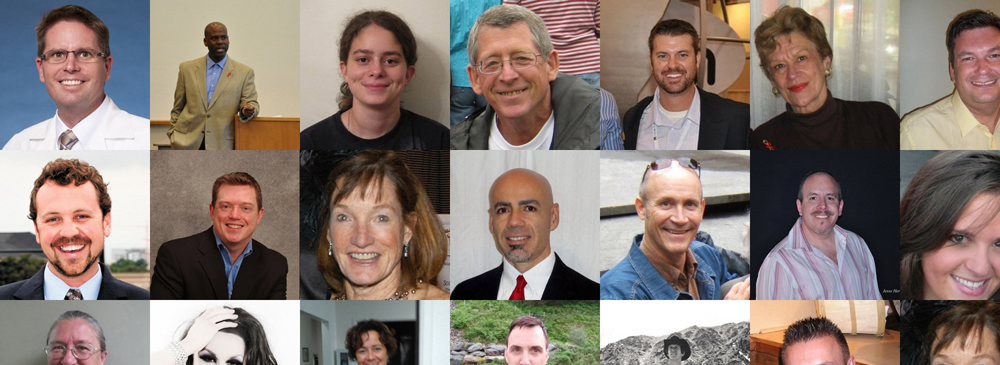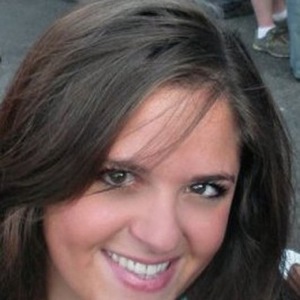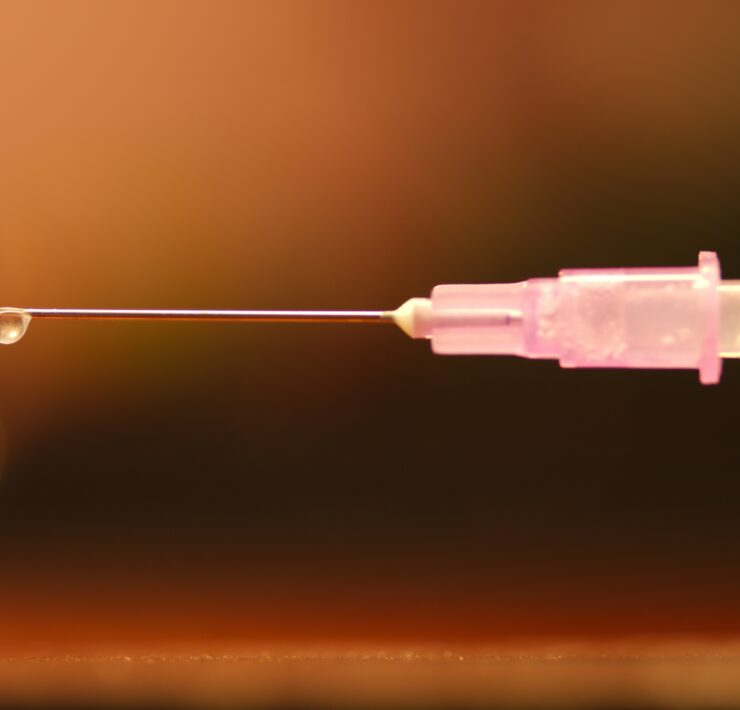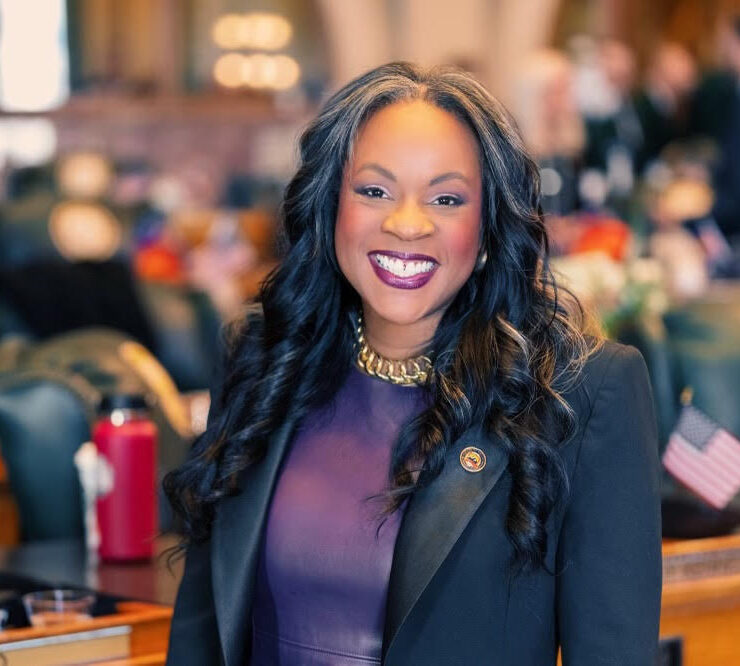25 faces: Leaders fighting HIV/AIDS in Colorado

As Colorado embarks on it’s 25th AIDS Walk, we take a moment to recognize local citizens who have made immeasurable differences in the lives of Coloradans touched by HIV/AIDS. They’re the advocates and workers – HIV-positive and HIV-negative alike – who have given their careers, hours or efforts to slowing the virus’ spread and improving the lives of those afflicted.
The phrase is trite, but it’s true now more than ever: It takes a village. All kinds. Without doctors, educators, activists, elected officials, caregivers and concerned citizens and volunteers dedicating time and work to the cause, we’d still be in the dark days when AIDS was a terrifying mystery taking lives as frequently as it once did. Our 25 faces of HIV/AIDS were recommended and chosen by Colorado AIDS Project and Out Front among Colorado residents who have worked in and alongside AIDS Walk and CAP, and from differing perspectives, they come to a common message: It’s not over. The fight is still on against HIV; against ignorance, stigma, illness and death – for awareness, compassion, health and safety, and most of all – hope.
The list:
1 Jalene Salazar, 2 Robert George, 3 Rob Sterrett, 4 Matt Adrian, 5 Mary Salsich, 6 Jeff Basinger, 7 Richard Blair, 8 Darell Vigil, 9 Jane Bohlen, 10 Mark Thrun, 11 Ryan Cross, 12 Ken Bazan, 13 Brother Jeff Fard, 14 Mary Beth Luedtke, 15 Coryn Fairchild, 16 Briceson Ducharme, 17 Bill Mead, 18 Sean Wolfe, 19 Dan Reirden, 20 Diana Cable, 21 Dayna Menninger, 22 Jeff Thormodsgaard, 23 Ellis McFadden, 24 Allan Frederick, 25 Phil Price
1 Jalene Salazar 
For more than four and a half years, Jalene Salazar has provided support to people of color, immigrants and undocumented individuals who have been affected by HIV/AIDS.
Salazar stumbled into the realm of HIV/AIDS support during a job hunt and began working for Servicios de la Raza, which serves the Denver Metro community with a variety of programs. Prior to landing the job, Salazar had no real exposure to HIV/AIDS and hadn’t learned much about it, she said. But now, serving the HIV/AIDS community is her passion.
Salazar is currently the program coordinator for a program called- the people – which serves a wide crosssection of the Latino population living with HIV/AIDS. Her work also branches into medical care management as well as several other departments.
She notes many challenges experienced by the community she serves. Though Denver has a great medical network that has helped people with HIV/AIDS to live longer, happier and healthier lives, she said, stigmas still have powerful impacts on people of color.
This is why Salazar is so committed to breaking down barriers and offering support to this specific community. Many of those that she comes into contact with are alone with no support system or family to be there for them, she said. She compares the community to a supportive family and loves seeing people grow, from the moment they find out their HIV/AIDS status to the moment they can finally live independently and successfully.
Salazar said that immigrants, refugees and undocumented individuals within the community find it hard to meet their basic needs after infection. It seems that they often have to move back to their country of origin due to a lack of affordable housing at a certain point. This to her, is an issue that needs more attention than it is getting from the population.
To Salazar, the key is education and testing: two factors that can break down barriers and improve lives in the HIV/AIDS community. If that happens, she said, people will be able to show love, as well as receive love, without fear.
What's Your Reaction?
Founded in 1976, Out Front is the largest LGBTQ news organization in the Rocky Mountains. "Like" Out Front on Facebook: facebook.com/outfrontcolorado, and follow us on Twitter: @outfrontco.










